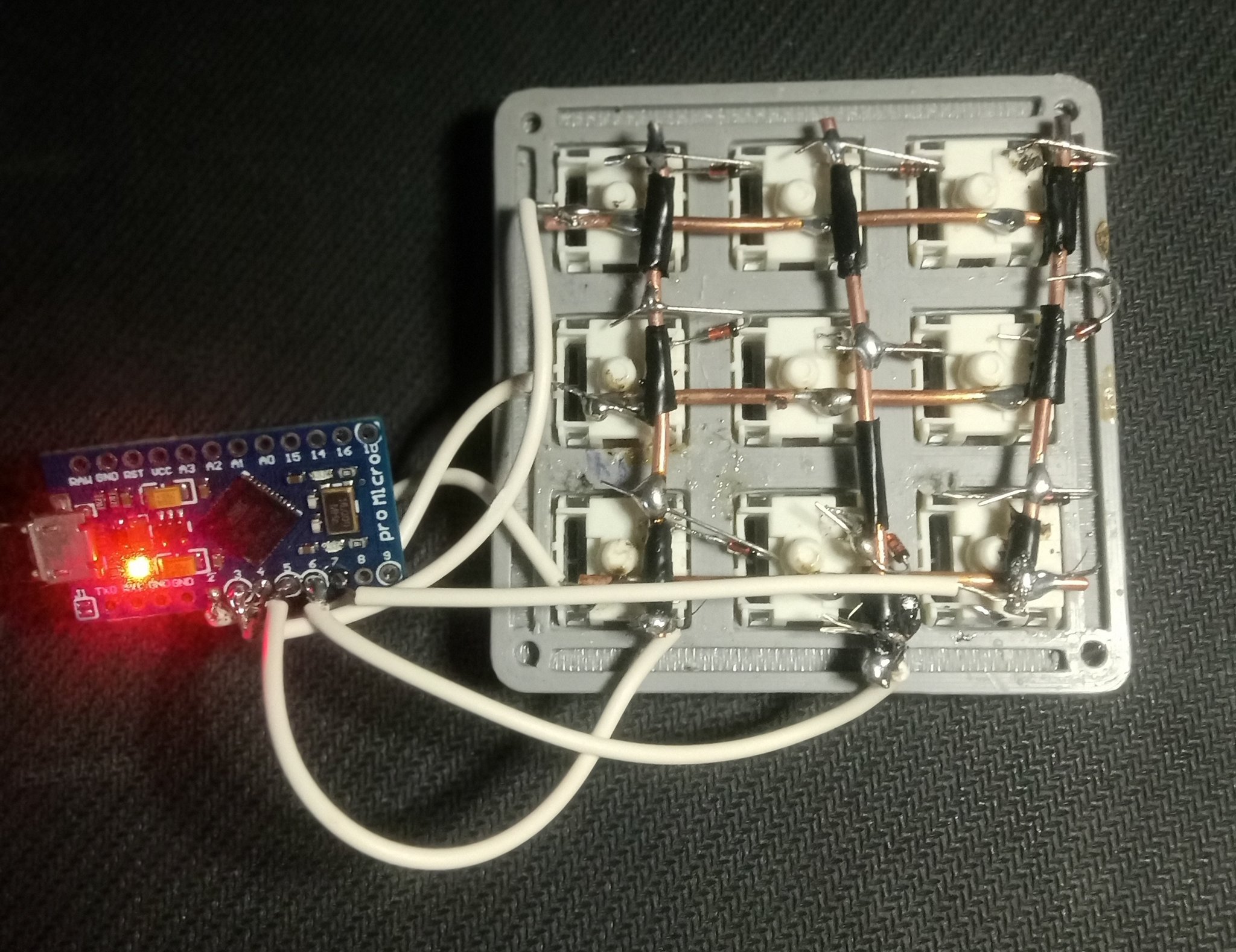10-01-26
there are people who are waiting for my craft wooah and i can’t beleive it is real, i must ship. plan is to learn pcb design, so i can give it my touch and i don’t want factory made. ts seems hard but i hope it will start making sense soon and if not im done here
terraria

3X3 handwired macropad (not working T_T)
